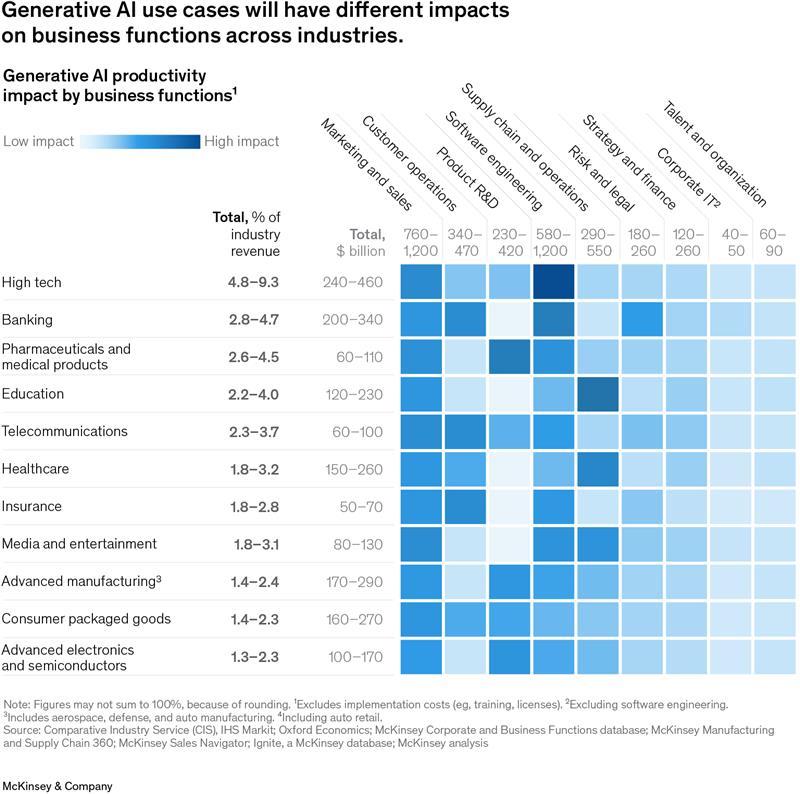The retail sector is significantly changing, digitization is ahead of novel requirements and rivalry on the client part. The modern purchaser does not see the difference between online and offline platforms; he or she expects a smooth experience that combines mobile web surfing, social networks, store visits, and personal communication. The retailers are, therefore, integrating new platforms that combine trade and interaction with customers at all touchpoints. One of such platforms is Salesforce Commerce Cloud (SFCC), providing retailers with a chance to provide superior shopping experiences and provide quantifiable business outcomes.
Based on the power of the unmatched Salesforce customer relationship management (CRM) services, Commerce Cloud provides the retailers with the end-to-end cloud-based platform that allows connecting with the buyers, improving the operations of the company, and expanding rapidly. This paper discusses five major ways Salesforce Commerce Cloud will help a retailer increase sales and convert a higher number in a very competitive market.
1. Delivering a Unified Omnichannel Shopping Experience
The opportunity given by Salesforce Commerce Cloud to offer an unconditional omnichannel experience on the web, mobile, social media, and in-stores is one of the leading benefits provided by this product. Current consumers expect to have a consistent brand experience regardless of the selection of channel or device. Commerce Cloud gathers customer information, ordering and product descriptions and offers customers consistent messaging and offers on their path.
Commerce Cloud connects and coordinates all interactions (an order in-store, a customer navigating the smartphone, etc.), whether the customer is on his phone, adding items to his cart on a laptop, or picking up his order in-store. Such continuity reduces points of friction and curtails a possibility of cart abandonment and increases chances of successfully finalizing purchases. When the past interactions with the customers and preferences are used to create the current offerings, the customers feel appreciated and understood, thus leading to an increase in their value of loyalty and lifetime.
2. Personalised Shopping Powered by Artificial Intelligence
Salesforce Commerce Cloud uses the power of Einstein AI to create hyper-personalized experiences during the shopping process, based on the behaviour and preferences specific to each customer. Using high-technology machine-learning, Einstein examines the browsing behavior, buying behavior, and real-time engagement cues to suggest products and promotional messages that engage each customer uniquely.
As an example, intelligent AI-based product recommendations can be dynamically displayed on product pages or in promotional emails and help customers find interesting products without any difficulty. This is further enhanced by personalised search results that narrow down the navigation process to give preference on the products that match their tastes. In addition to making the rate of conversion rise, these intelligent experiences boost the average order value and customer satisfaction.
One of the positive effects that retailers experience is the continued optimisation of the enterprise due to AI, where Commerce Cloud monitors changing trends of customers and market suggestive and messaging offerings. One-to-one marketing is a minor competitive edge in finding and keeping upscale shoppers.
3. Accelerated Time-to-Market with Flexible Architecture
Agility is mandatory in a fast-moving retail environment. The Storefront Reference Architecture (SFRA) of Salesforce Commerce Cloud is a mobile-first, modular platform that enables retailers to roll-out and refresh digital storefronts in the shortest possible period. Ready-to-use templates and components allow a developer to roll-out their own functionality without starting new so that deployment timelines can be faster.
Such flexibility will allow retailers to react quickly to the changes in the market like seasonal promotions, flash sales, or new products in fashion. Commerce cloud is known to embrace improvements and experimentations that can be repeated, which helps businesses to keep on the process of refining user experiences and conversions optimally. The mobile-friendly model will ensure that the stores will do justice to any device used, and it covers the rising trend of mobile shopping.
Commerce Cloud helps keep retailers ahead of their competitors and quickly respond to any emerging opportunities by simplifying development complexities and speeding up launch capability.
4. Empowering B2B and B2C Commerce on One Platform
Salesforce Commerce Cloud supports both B2B and B2C retailing platforms and offers highly developed features that meet the specific demands of each segment. In the case of B2B customers, Commerce Cloud streamlines complicated sales workflows, including the features of bulk purchases, customer-specific pricing, segmented catalogs, and customizable payment conditions. With these attributes, procurement processes are made easier, buyer satisfaction is improved and sales cycles are also reduced.
B2C merchants get the advantages of customer-friendly merchandising fronts, smooth checkouts, and automated advertising that goes directly to the consumer. The integrated platform allows business to address and scale each model in others without using distinct systems, which lowers the IT footprint and assures data integrity.
This flexibility enables the retailers to be able to diversify their sources of revenue and adapt to changing business strategies with a flexible solution that expands with them.
5. Harnessing Data and Analytics for Informed Decision-Making
Successful retail strategies are made out of data. The analytics capabilities of SFCC are very powerful and give detailed information on customer behaviour and conversion funnels, campaign performance and product trends. Interactive dashboards enable teams to see central performance indicators, sort out new opportunities, and react as swiftly as possible to market dynamics.
These understandings are used by the sales and marketing teams to narrow down promotional tactics, price optimisation and to narrow down the messaging to a personal level. Operations (altering the level of stock and the route of fulfilment) are also enabled by real-time data on inventory and orders and enhance customer satisfaction, as well as minimise expenses.
With Commerce Cloud and Salesforce CRM, as well as Marketing Cloud, retailers can gain a 360-degree perspective of interactions with customers and, as a result, make their sales decisions and decisions to promote customer loyalty to concrete results both in the short and long run.
Conclusion
With the increased pace of retailing digital transformation, it is important to adopt a sophisticated commerce platform to effectively compete in the market. Salesforce Commerce Cloud provides the retailers with the means to provide consumers with continuous, personalised and responsive shopping experiences in all channels. Its personalisation is AI-driven, its framework is adaptable and has B2B/B2C capabilities together with solid analytics that combine to enhance powerful sales and increased rates of conversion.
Retailers who adopt Commerce Cloud have increased time to market, customer interactions, performance, and informed strategy planning. To the businesses that aim to achieve long-term growth in the digital era, Commerce Cloud is a strong ally in creating warm buyer experiences and achieving the success in rates of conversion.




